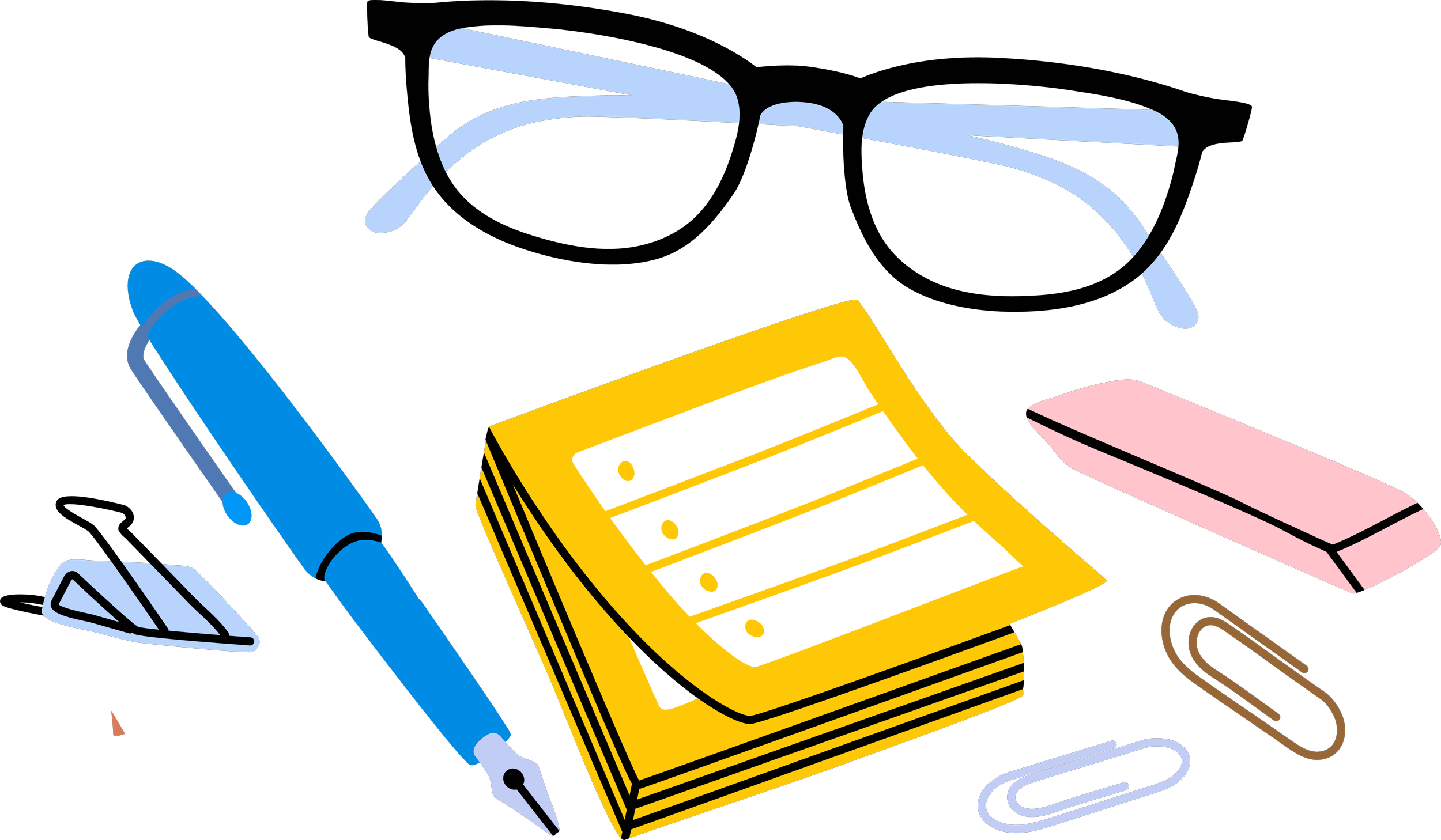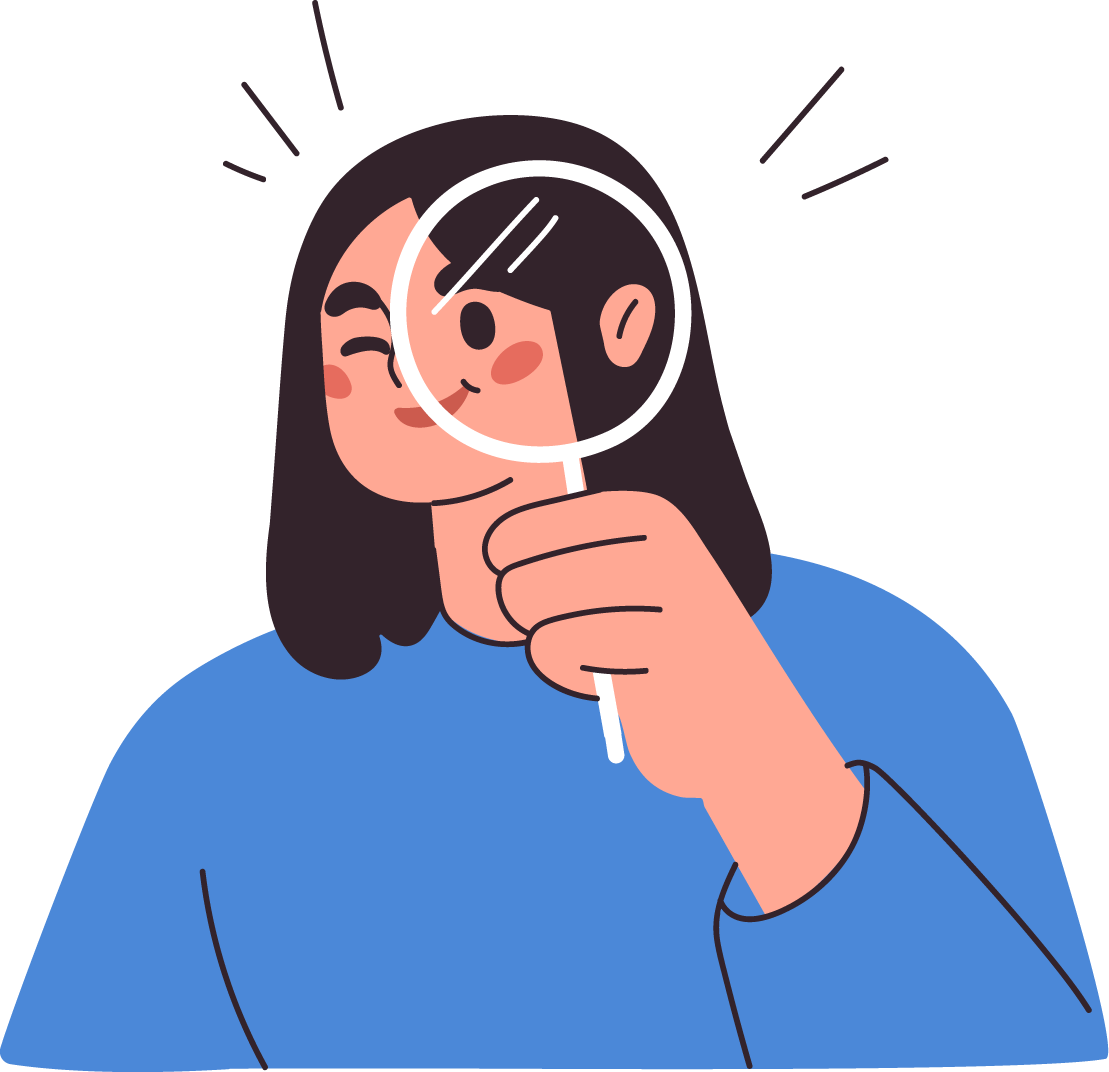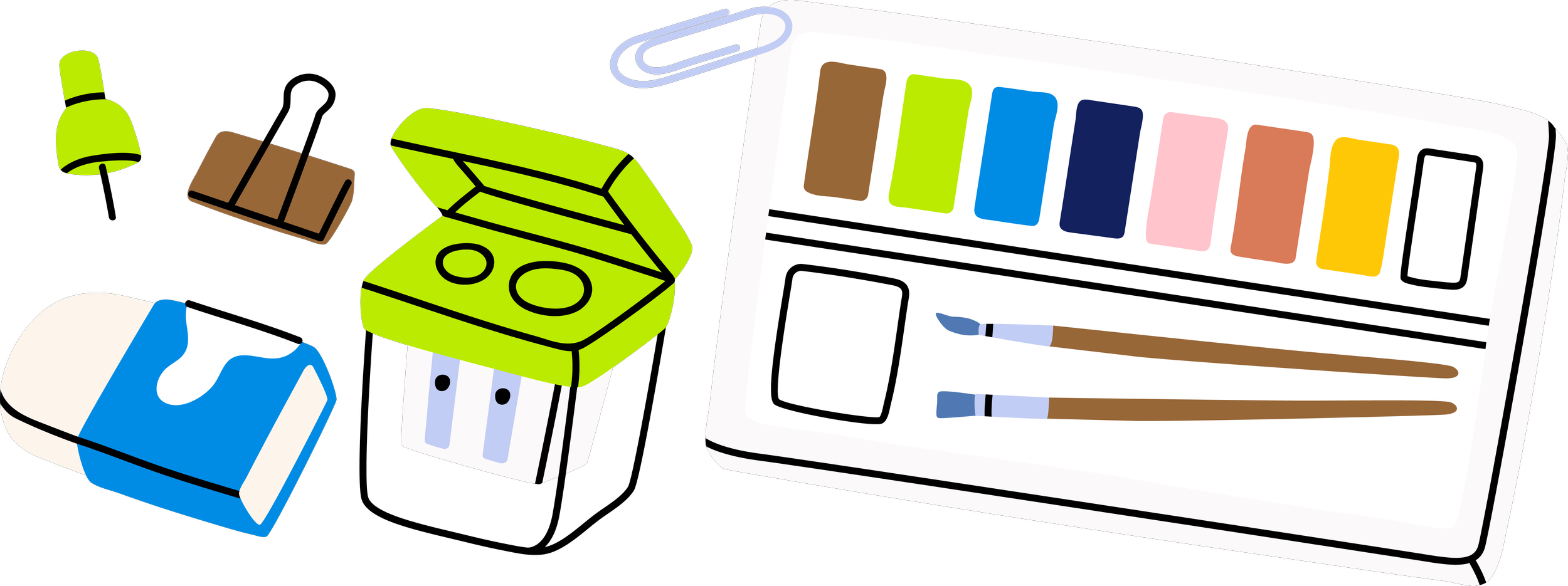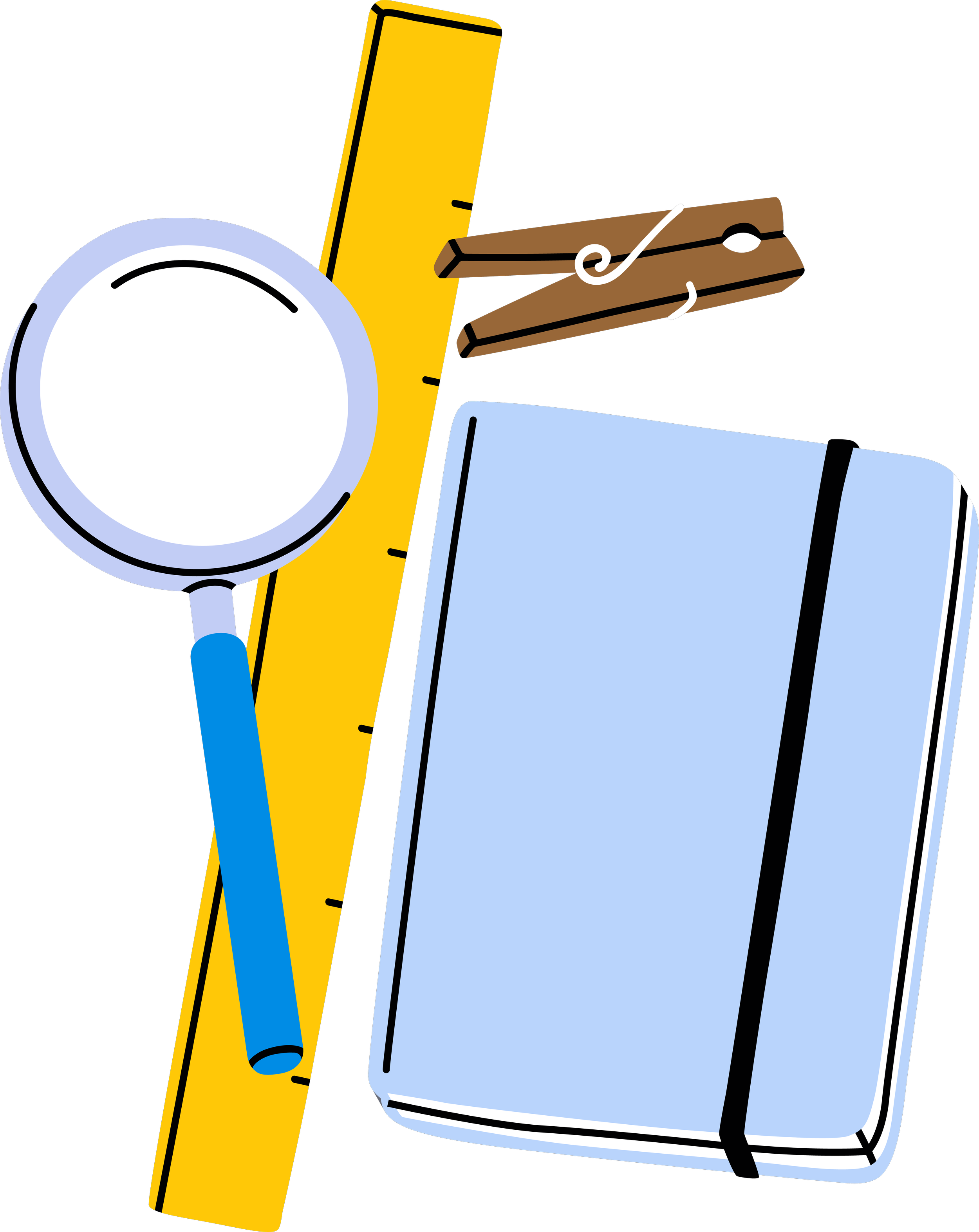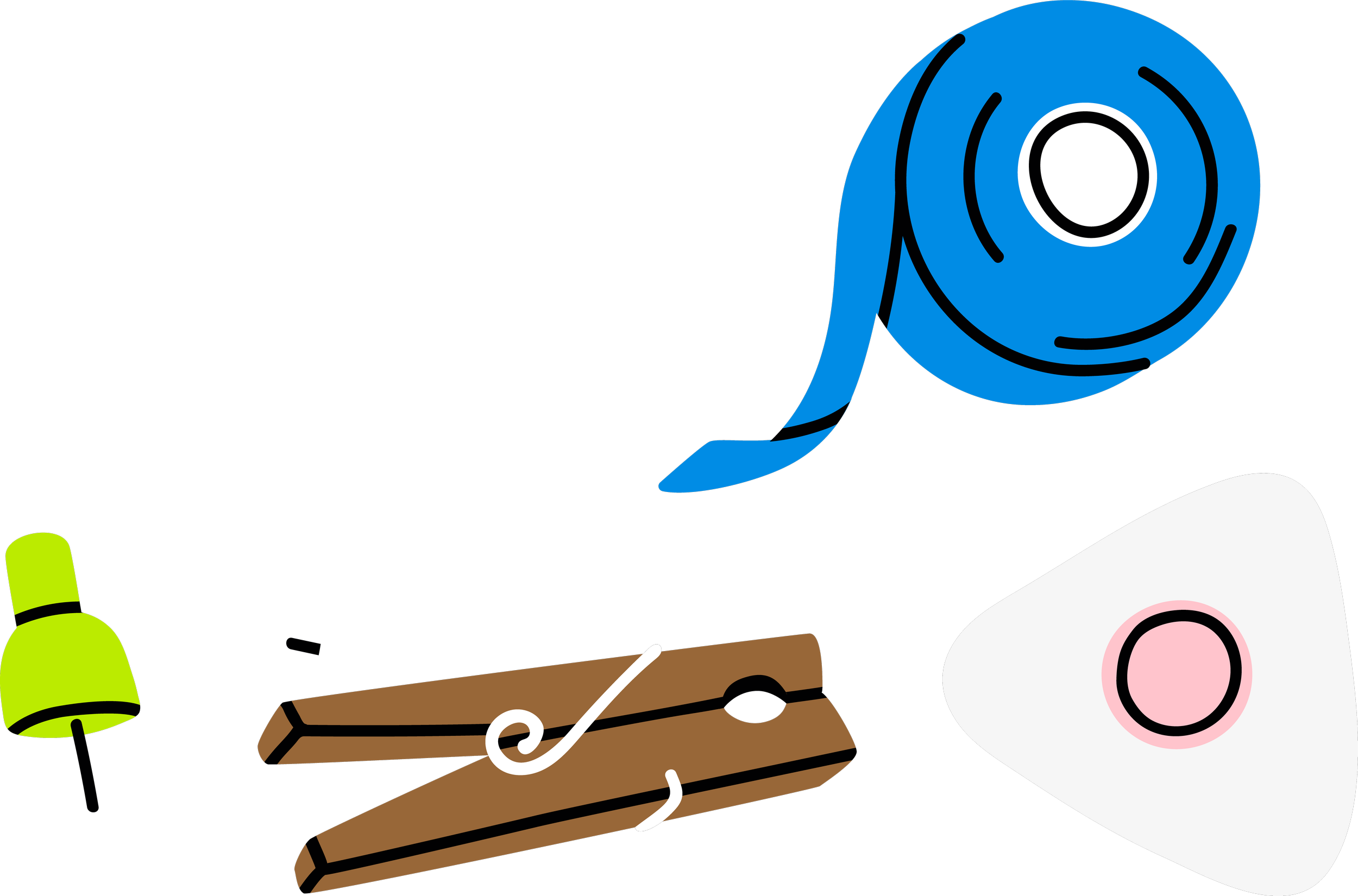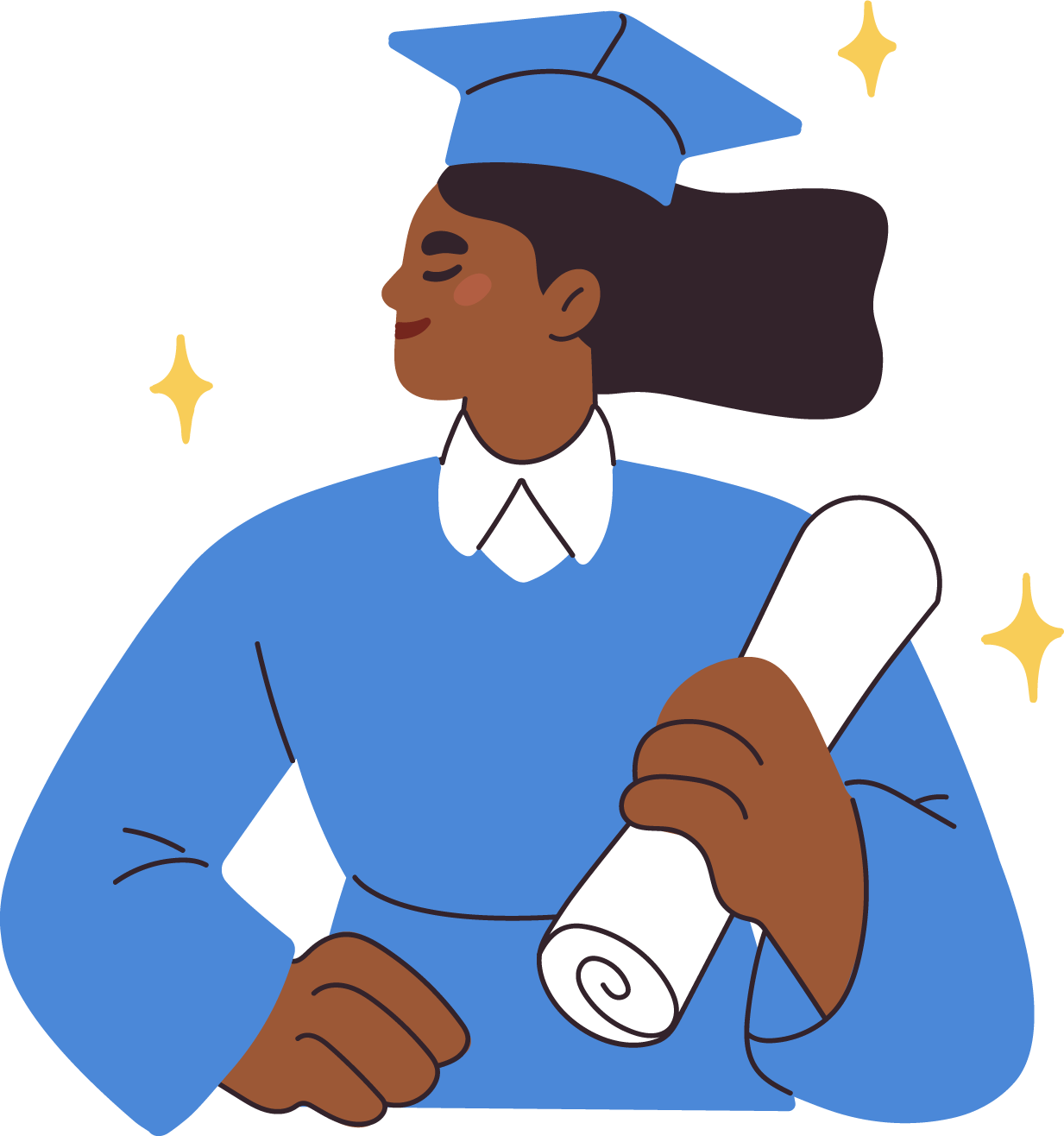
EXPLORE THE EARLY CHILDHOOD EDUCATION PATHWAY
What does it mean to be a Washington State early childhood educator?
Shape the future. Inspire curiosity. Support growth. In Washington State, those who work with children from birth to eight years old are referred to as early childhood educators. Those working in child care or state funded preschool programs are required to be licensed through the Department of Youth, Children and Families (DCYF). Those working in primary and elementary schools are required to be licensed through the Office of the Superinedented of Public Instruction (OSPI). Early childhood educators are the heart of their communities, nurturing, teaching, and guiding our youngest learners. Research indicates that access to high-quality early learning experiences is crucial for preparing children to start school ready to succeed.
Whether you dream of leading a preschool classroom, supporting families, running your own childcare program, or teaching in an elementary school, there’s a pathway that fits your life, your strengths, and your goals.

Career Overview
Where early childhood educators work
Childcare centers (large and small)
Preschools (public, private, faith-based)
Head Start/ECEAP programs
Family home childcare programs
School-age programs
Outdoor Nature-Based early learning centers
Primary and elementary schools
Age Groups You Might Work With
Infants (0-12 months): Supporting babies as they form attachments and begin to explore
Toddlers (1-2 years): Helping active young children develop language and independence
Preschoolers (3-5 years): Preparing children for success in kindergarten
School-age (5-8 years): Working with children in kindergarten through third grade
What they do
Create safe, caring, and engaging learning environments
Plan and lead activities that spark learning and discovery
Support children’s basic needs and social-emotional growth
Partner with families and collaborate with colleagues
Observe and document children’s development
Continue learning and growing as professionals
Work schedule
Most positions follow a Monday–Friday schedule, but hours may vary depending on the setting. Some roles offer flexibility, part-time options, or align with school district calendars. Many programs offer age-specific teaching opportunities for infants (Birth-12mos), toddlers (1-2), preschool (3-5), or school-aged children in their classrooms. Some are all year while others follow a school year calendar.
Could Early Childhood Education Be the Right Path for You?
People choose a career in child care or early childhood education for many different reasons. For some, it’s a calling—a way to shape the future by giving every child a strong start. They feel a deep sense of purpose in nurturing children’s growth, supporting families, and building community. Some are inspired by an early childhood educator who made a difference in their own life. As you think about your own goals and a possible career as a teacher, ask yourself if any of these reasons resonate with you:
They aim to make a positive impact on the lives of young children.
They are passionate about creating playful, engaging learning experiences that spark curiosity and creativity.
They enjoy the variety and energy that comes with working with young children every day.
They are passionate about helping children learn and grow.
They value having a career with meaning and purpose.
If these resonate, working in early childhood could be the right path for you!
Find the Path That Fits You
Community-Based
Complete community-based approved training. Allows for career advancement while working in the field.
Best for: Individuals already working in early learning who want to meet licensing requirements or advance their careers without following a traditional college path.
Experience-Based Pathways
On-the-job experience can fulfill some credential requirements by demonstrating competencies through work experience. Allows for career advancement while working in the field.
Best for: Individuals with many years of experience and documented continued training in early childhood.
Community & Technical College Pathway
Start at a community or technical college to earn a certificate or associate degree in Early Childhood Education (ECE). Earn stackable certificates (Initial, Short, State) that build toward an associate degree. Many programs offer evening, weekend, or online courses, making it easier to “earn while you learn.”
After completing your associate degree, you can transfer to a bachelor’s program if desired.
Best for: Students seeking affordable tuition, smaller class sizes, flexible schedules, or those already working in early learning settings.
There’s more than one way to start your career as an early childhood educator in Washington State. Choose the path that works best for your life, schedule, and goals!
No Matter Which Path You Choose…
You’ll work through the same key milestones:
Complete required coursework and training
Gain hands-on experience in real early learning settings
Meet licensing and credentialing requirements (including background checks and health/safety training)
Progress through stackable certificates and degrees as you advance in your career
Every journey is unique—find the ECE path that fits your life and dreams. Your future classroom is waiting!
What You Need to Become a Licensed Child Care Provider or Early Childhood Educator
To become a licensed child care provider in Washington, you must participate in a Washington State Department of Children, Youth and Families (DCYF) licensing orientation and apply for and receive licensure. State law requires DCYF to run background checks on anyone who is authorized to care for or who has unsupervised access to children in licensed child care facilities.
If you want to work in licensed child care in Washington, here are the basics for most positions:
Be at least 18 years old (16 for some assistant roles)
Participate in a DCYF licensing orientation to apply for licensure
Pass a background check
Provide proof of a recent TB test
Complete First Aid and CPR certification
Set up a MERIT account to track your training and credentials. (MERIT is Washington’s official online system that tracks your training and certifications)
DCYF Training Requirements by Role
The Washington State Department of Children, Youth, and Families (DCYF) sets training requirements depending on your specific job. Here's what’s typically required for different roles:
Child Care Assistant
Minimum Training Required: 30-hour Child Care Basics training, also embedded in the Initial ECE Cert, 12cr.
Lead Teacher (child care center)
State Certificate (about 47 college credits) or equivalent (Includes the Initial ECE Cert and Short Cert).
Head Start Teacher
Associate degree in Early Childhood Education (Includes all of the Stackable Credentials).
ECEAP (state preschool) Teacher
Associate degree in Early Childhood Education (Includes all of the Stackable Credentials).
Public School Pre-K Teacher
Bachelor’s degree (BA or BAS) + Teaching Certificate with Early Childhood Endorsement
Family Home Provider
Same training as above, plus home licensing through DCYF
Stackable Certificates in Early Childhood Education
Washington has created a system of stackable certificates that help you enter the field and grow your skills over time. These are college-level credentials designed to build on one another, starting with just a few classes and progressing to a full degree. You can start with a short certificate that gets you working, as you gain experience, you can add more classes and earn higher credentials and eventually, you can reach an associate's or bachelor’s degree if that’s your goal.
Some roles require one or more of these certificates (like Lead Teacher), while others may only require basic training to start. Either way, these credentials are here to support your growth as an early learning professional.
Initial Certificate
Credits: 12 credits (includes Childcare Basics)
What It Covers / Prepares You For: Basics of child development, guidance, health & safety — great for new assistants or aides
Short Certificate
Credits: 20 total (includes Initial)
What It Covers / Prepares You For: Adds a focus area like Infant/Toddler, Preschool, or General ECE
State Certificate
Credits: 47 total (includes Initial and Short)
What It Covers / Prepares You For: Prepares you for Lead Teacher roles in licensed centers or to open a licensed home daycare
Associate Degree (AAS or AAS-T)
Credits: 90+ credits
What It Covers / Prepares You For: Includes deeper ECE knowledge + general education; required for Head Start, ECEAP, and some preschool roles
Bachelor’s Degree
Credits: 180 credits
What It Covers / Prepares You For: Required to teach in public school pre-K, along with a WA teaching certificate and ECE endorsement
You can earn these credentials in various ways; select the route that best suits your life, schedule, and aspirations.
Community & Technical College Pathway
Start at a community or technical college to earn a certificate or associate degree in Early Childhood Education (ECE).
Community-Based Trainings
PACE (Provider Access to a Community Equivalent) is a community-based training series that meets the licensing requirements for early childhood educators and other early learning professionals.
Experience-Based Competency Demonstration
Providers and staff working in licensed child care and early learning programs can meet their role qualifications with experience.
Visualize Your Journey: Pathways & Timelines
Starting Your Journey: Your Steps Into A Career as an Early Childhood Educator
Dreaming of leading your own classroom as a early learning professional? Here’s your roadmap to becoming a child care teacher in Washington - broken down into clear, actionable steps, with real advice from teachers who’ve been right where you are.
Step 1: Meet Basic Requirements
Here are ways you can start strong:
Be at least 18 years old (16 for some assistant roles)
Participate in a DCYF licensing orientation to apply for licensure
Pass a background check
Provide proof of a recent TB test
Complete First Aid and CPR certification
Set up a MERIT account to track your training and credentials. (MERIT is Washington’s official online system that tracks your training and certifications)
“Teaching academies are a great launching pad into the profession. Students get hands-on experience in real classrooms and can earn dual credit toward their college education.”
— Michelle Spenser, OSPI Pathway Supervisor
Step 2: Choose Your Pathway
Community & Technical College Pathway: Earn a certificate or associate degree in ECE
Community-Based Trainings: Complete PACE or similar training series
Experience-Based Competency: Demonstrate qualifications through work experience
Teaching academies are a great launching pad into the profession. Students get hands-on experience in real classrooms and can earn dual credit toward their college education.”
— Michelle Spenser, OSPI Pathway Supervisor
Step 3: Pass Your Tests
Fulfill DCYF training requirements for your role
Progress through stackable certificates (Initial, Short, State, Associate, Bachelor’s)
“I had testing anxiety, so I was worried about taking the teacher certification test. I didn’t know there were other things I could do. The West-B was different and not as high pressure.”
— Alex Castro Wilson, Teacher in Renton School District
Step 4: Gain Real-World Experience
Participate in practicum or student teaching
Work in licensed child care or early learning settings
“I always recommend students think about endorsements, what they entail and how that impacts their education journey, especially the difference between choosing a major vs. choosing an endorsement.”
— Alexis Meyers, Skagit Valley College

How to Fund this Pathway
Washington offers many scholarships and grants for future early childhood educators:
Early Achievers Grant
Financial aid for employed child care providers and early learning educators pursuing certificates or associate degrees in Early Childhood Education.
TEACH Early Childhood Scholarship
Child Care Aware of Washington scholarships supports early learning professionals pursuing a Bachelor’s degree in Early Childhood Education or a Montessori Credential.
TheWashBoard.org
is a free clearinghouse for Washington students seeking college scholarships. You can search and apply for scholarship opportunities that match your academic interests, college or other criteria.
Washington Opportunity Scholarship
Provides financial aid and career support for students pursuing high-demand careers, including early childhood education.
Federal Pell Grants and State Need Grant
Need-based grants for eligible undergraduate students.
Others
College-specific scholarships and tuition assistance
Employer support: tuition reimbursement, paid professional development
Tip
Apply early for financial aid and scholarships—most are first-come, first-served!

Frequently Asked Questions (FAQs)
-
1. Many roles allow you to work while accomplishing professional training.
Entry-level roles: 3–6 months (training + background check)
Lead teacher roles: 1–2 years (certificates or associate degree)
Advanced roles: 2–4 years (associate or bachelor’s degree)
-
Credential/Program: Child Care Basics-offered through community organization and community colleges
Estimated Cost Range: $0–250 (often free)
Credential/Program: Stackable Certificates-offered at community colleges
Estimated Cost Range: $2,000–5,000
Credential/Program: Associate Degree-offered at community colleges
Estimated Cost Range: $7,000–15,000
Credential/Program: Bachelor of Applied Science (BAS) - offered at community colleges
Estimated Cost Range: $15,000–20,000
Credential/Program: Bachelor’s Degree (BA/BS)-offered at universities
Estimated Cost Range: $20,000–50,000
Scholarships and financial aid can reduce these costs significantly.
-
Yes! Many programs are designed for working adults, with flexible schedules and “earn while you learn” options.
-
Strong! Washington is expanding early learning programs, and demand for qualified educators is rising.
-
A: Salaries for early childhood educators vary widely based on setting, education, and experience:
Entry-level positions: $15-18 per hour
Lead teachers with credentials: $18-25 per hour
ECEAP/Head Start teachers: $40,000-55,000 annually
Family childcare providers: Income varies based on enrollment
Public school (TK, K, Grades 1-3) teachers: $58,904 to $86,090 annually
Advancement Opportunities
Move from assistant to lead teacher, supervisor, or director.
Specialize in infant/toddler care, special education, dual language, or administration.
Become a trainer, coach, or college instructor.
Start your own childcare business.
Transition into K–3 teaching with additional certification.


